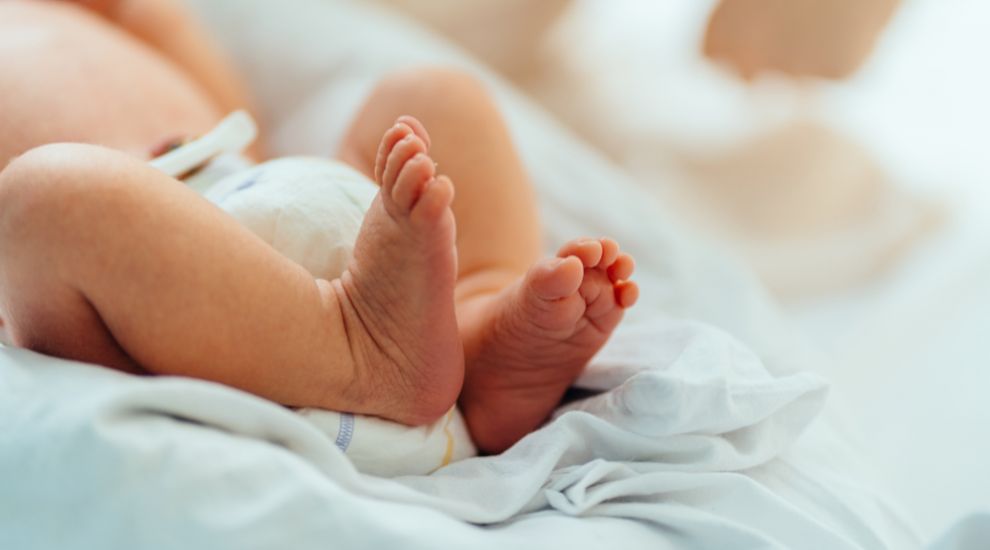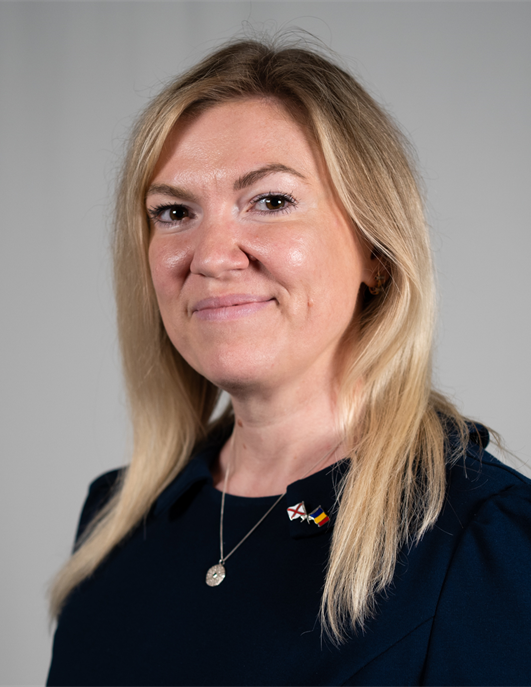


Parents of premature babies, or babies requiring neonatal care, could receive up to an extra £3,000 of financial support within a year, if States Members agree to a proposal by a Reform Deputy.
Put forward by Deputy Raluca Kovacs, the proposition would allow parents greater involvement with their baby at a time when the baby is at its most vulnerable – without the stress of having to juggle work with hospital visits.
In the accompanying report, Deputy Kovacs said that the proposition had been "intentionally left open" and that "the policy team will be best placed" to find the appropriate mechanism.
However, she suggested a grant payment, similar to the current paid parental allowance of £246.89 per week, run alongside existing unpaid leave up to a maximum of 12 weeks. The criteria for application would involve how early the preterm baby was born and/or the length of stay in hospital.
This means the maximum neonatal allowance that an islander could claim would be £2,962.68.

Pictured: Deputy Raluca Kovacs said the extra support would allow parents to be with their baby when it is most vulnerable.
The proposition follows a similar move in the UK.
In May 2023, the Neonatal Care (Leave and Pay) Act was introduced to provide additional leave and pay for employees with responsibility for children receiving neonatal care.
For parents who meet the qualifying criteria, it will offer up to 12 weeks of extra leave and pay.
In the report, Deputy Kovacs sets out that the presence of a mother, and her ability to breastfeed on demand, is "crucial at this stage in keeping supply and the immunological benefits."
She continued: "Although the latest update to [Jersey's] parental law has increased the leave available to new parents, a large part of that leave is unpaid, or paid at a lower rate than salary, and many parents feeling the financial pressure have to make the difficult choice to return to work in order to survive, although neither they or the baby are ready to be separated even temporarily."
Currently, paid parental allowance for Jersey is a weekly payment, paid in arrears and the birth mother must take six weeks immediately following the birth of their child.
The report states: "Whilst there is the option for parents to take a further six weeks – and indeed later a further portion of leave, what happens if a baby arrives early?
'If a baby is born six weeks early, the first portion of parental leave is over before the baby was even due to arrive."
"For parents experiencing the difficulties and complication caused by a preterm birth, the last thing they need to be concerned with is having to leave that baby and go back to work before the child has reached gestational due date."
Deputy Kovacs concluded: "This is not a huge change – it will affect only a very small percentage of the population. But for those affected, it will make a big difference."
57 preterm babies were born in Jersey in 2022, which equate to 7% of all live births.
A preterm or premature baby is defined as a baby born alive before 37 weeks of pregnancy are completed.
The proposition also refers to babies that require 'neonatal care', which means newborn babies or those still in the first 28 days of life with various health conditions.
It is due for debate on 18 July and asks the Social Security Minister to bring forward the proposals for the Assembly's approval before the end of June 2024.
Comments
Comments on this story express the views of the commentator only, not Bailiwick Publishing. We are unable to guarantee the accuracy of any of those comments.